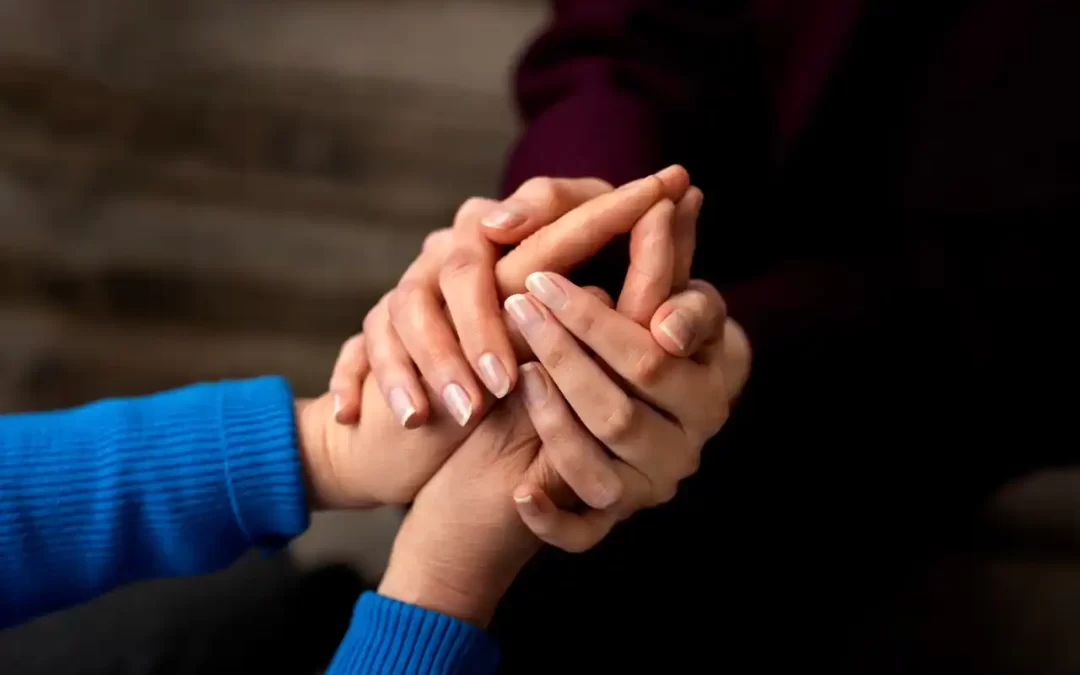
How does this happen? There can be many reasons for it. As a child, you may have been told not to cry and to be strong. Maybe showing your vulnerable side was not safe for you – you were ridiculed or threatened. Or your parents did not model healthy emotional expression and you have not learnt to manage vulnerable emotions such as sadness and hurt. So now, instead of feeling vulnerable, you feel anger. Often, anger comes when another vulnerable emotion is combined with assumptions and interpretations about unfairness, being unimportant, disrespected or inferences of bad intentions.
Anger provides you with short-term relief from recognising and feeling your vulnerable feelings. Anger gives us a sense of power and righteousness, energises us, and allows us to blame others. It can be easier to feel anger than vulnerable emotions such as sadness or shame, which penetrate deep into our soul and sometimes leave us feeling like a little child again, not able to defend ourselves, powerless and helpless.
Why is it important to understand what is behind your anger? Anger can provide you with some distraction, however, your vulnerable emotions do not disappear and also you can not address the situation that made you feel vulnerable and meet underlying needs. If you feel lonely and sad, you need care and somebody to be there with you. However, if all you feel is anger, then you will miss the opportunity to get your needs met. This can manifest in many problems, for example, in relationships – instead of asking for what you need, you demand and attack your partner. In turn, instead of attending to your needs your partner will defend themselves. Like you, your partner is also unable to see the vulnerable emotions behind your anger.
Often, in session with clients, I find that anger dissipates when the vulnerable emotions behind it are identified and accepted. When you start feeling angry (it’s much harder to stop when you are feeling REALLY angry, so try to catch it early), stop, breathe and ask yourself – what is behind my anger? Is there a vulnerable emotion that is difficult for me to feel? Does anger feel safer than being vulnerable for me? More familiar? You can use a similar strategy when another person you are close to is angry with you. What are the unmet needs and vulnerable emotions behind their anger? Stay curious and compassionate (I am not talking about abuse here). Don’t ask them to calm down as this sends a message that their emotions are not acceptable or valid.
If you are feeling confused, it is ok. This concept may be new and strange to you. The invitation is to stay curious and open to exploring your anger and the vulnerable feelings behind it. Also, there is a big difference between emotion and action. The emotion of anger is ok, the problems often arise when we are acting on our angry impulses in destructive ways.









